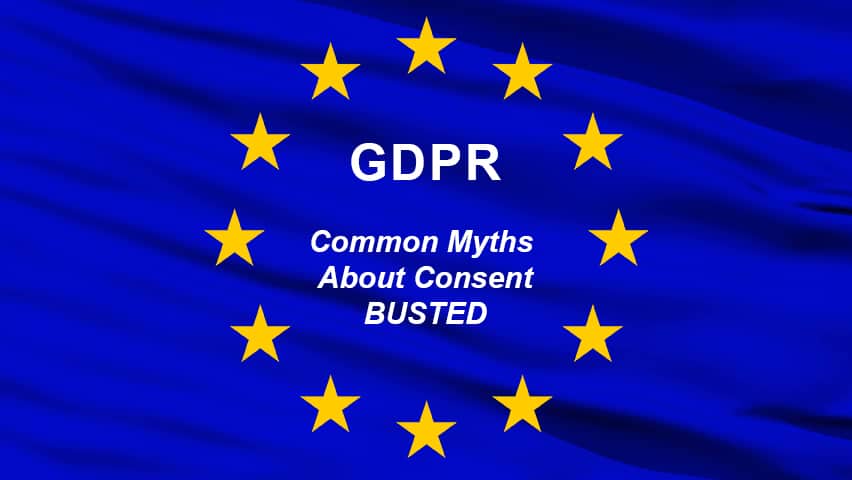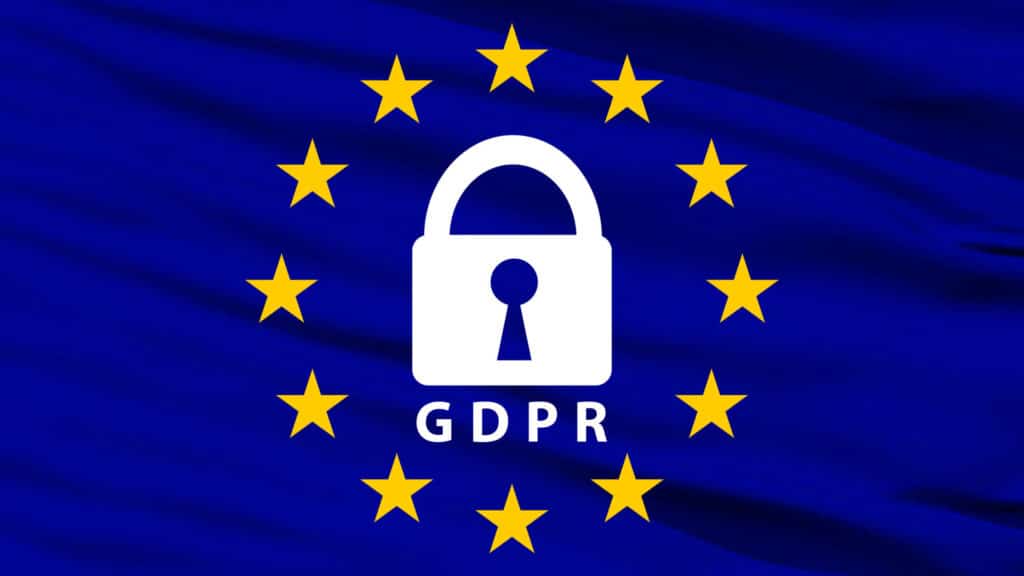With the GDPR now less than 8 months away from becoming enforceable, businesses all over the EU and indeed any company that conducts business with EU citizens are scrambling to prepare in time for the legislation. The upcoming General Data Protection Regulation was designed to give back clarity and control to users about how their sensitive data is being processed and held, but has led to quite a bit of confusion for businesses about how this will actually work. Most people will have heard about the increased fines, as regulators can now fines offending bodies up to €20 million or 4% of global turnover, but there is a lot of confusion and indeed misinformation and misinterpretation out there to make the process even more difficult. To this end, there’s a few things we’d like to set the record straight on, particular around consent. Over the coming weeks and months we hope to provide more guidance of areas prone to misinterpretation, so stay tuned!
Myth: You must always have consent to process someone personal data.





